
Social media plays a significant role in young people’s lives: according to research conducted by the Hungarian Media Authority, children use popular social media sites daily. The aim of the publication is to discuss the risks, impacts, and opportunities of social media usage in a context that is easily understandable for young people, allowing them to form their own opinions on the topic.
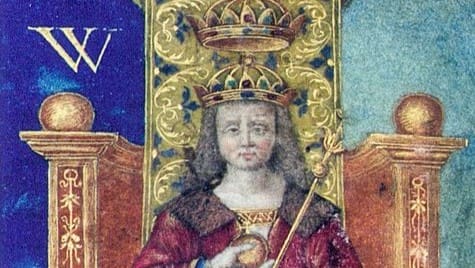
The contrast between the brilliant achievements of King Matthias Corvinus of Hungary and the inertia of the kingdom of the Jagiellonians is almost a cliché in Hungarian history. To this day, many seek the causes of the 1526 Mohács tragedy in the damaging reign of the weak Jagiellonians. However, more recent Hungarian and international historical research has taken a much more positive view of the Dynasty’s performance.
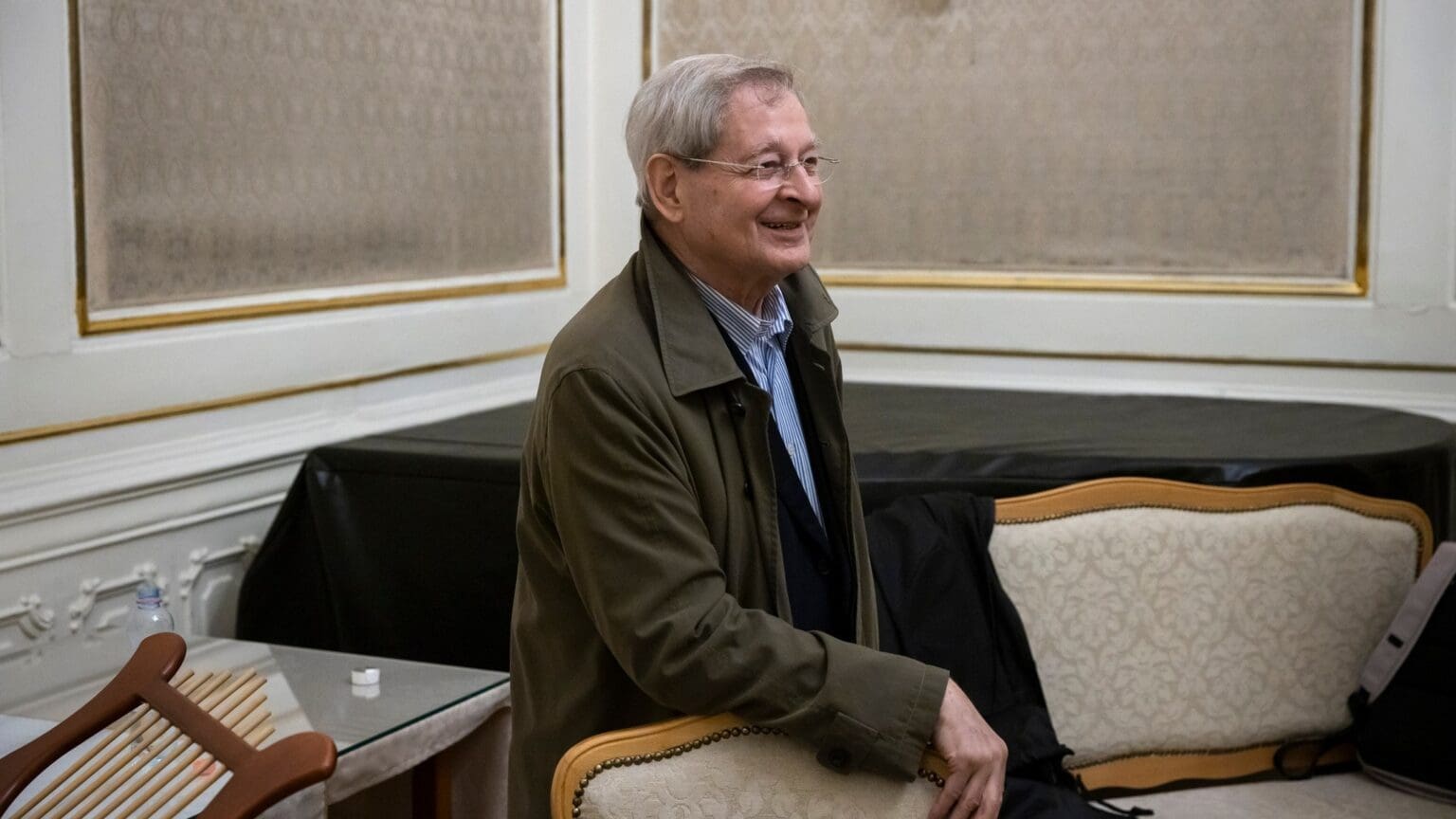
Kossuth Prize-winning Hungarian writer Péter Nádas was denied a prestigious literary prize in Germany solely because he is a ‘white man.’ Two outraged members of the seven-member jury reported the incident, feeling pressured to behave not as judges but as ‘literary functionaries,’ which they refused to do.

To celebrate the director’s life’s work, the Art+ Cinema theatre in Budapest will screen his iconic films throughout an entire week.
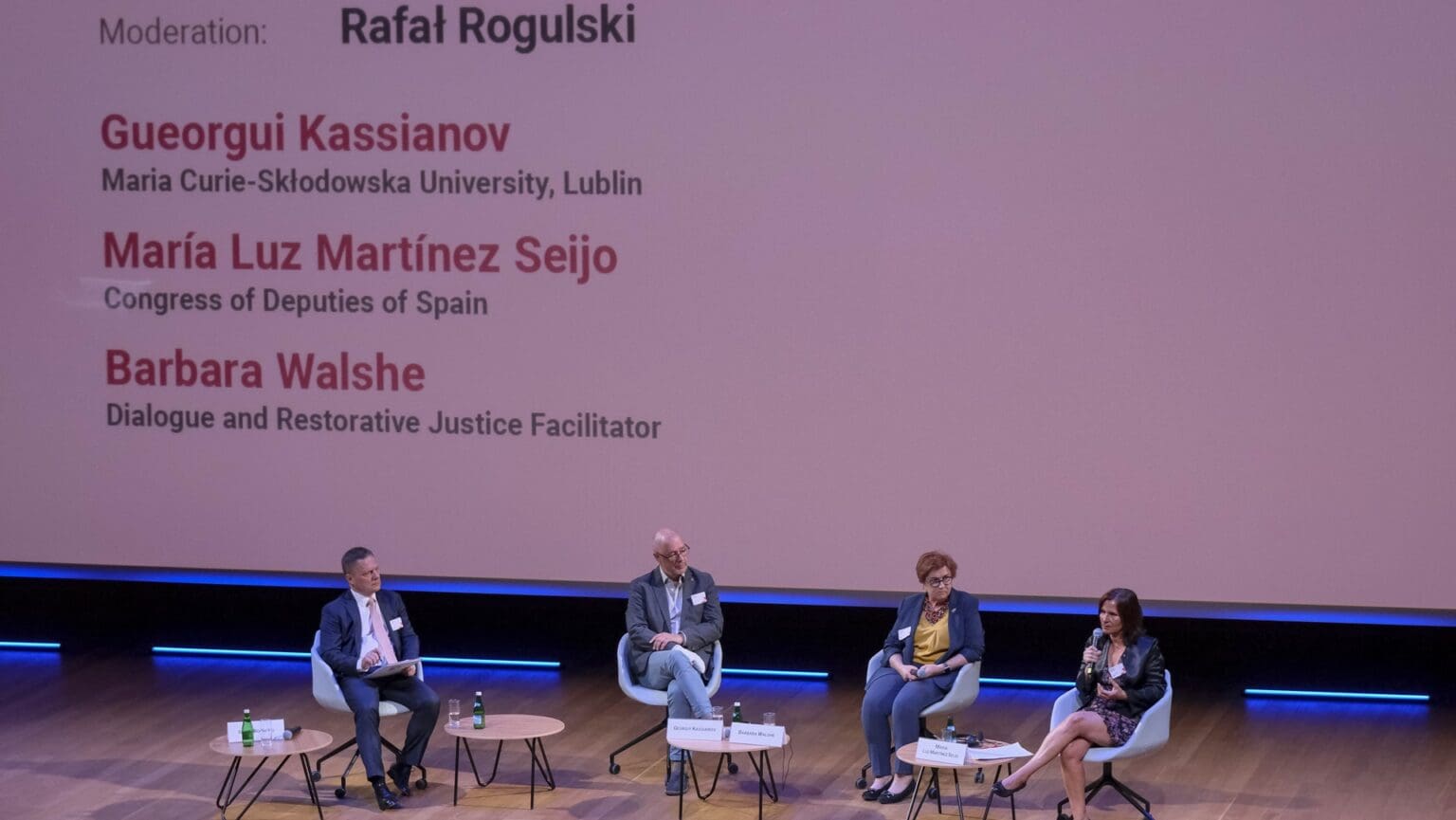
Distinguished scholars, museum curators, and educators gathered at the Polish History Museum in Warsaw, Poland for the 12th European Remembrance Symposium organized by the ERNS to talk about ways to preserve history, the way to teach national history to the next generation, if there is a common European historical narrative, and what it means to be free in Europe in this day and age.
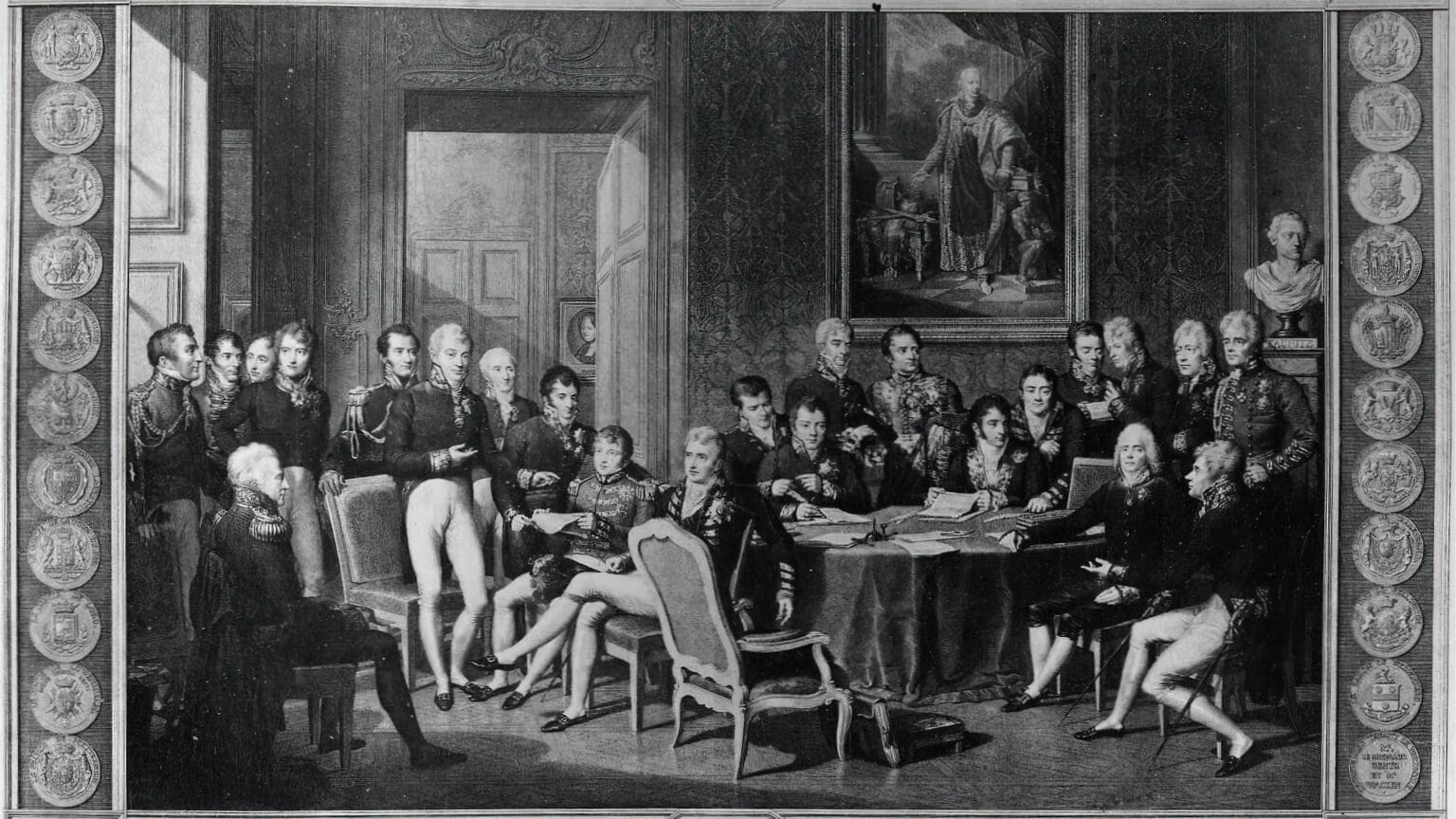
‘The ideological models that had emerged at the turn of the eighteenth and nineteenth centuries…had transformed social thinking and humanity’s view of the world to such an extent that it was impossible to maintain and preserve the earlier, semi-feudal Europe. This in turn meant that ethnicity and nationality, previously considered less significant elements…became a determining factor, leading not only to an exploration of the historical past of a given community, in the search for national heroes, but also to a demand for political unification with ethnic or linguistic compatriots within a single country.’

The 29th Svet Knihy, or Book World Prague International Book Fair and Literary Festival, will feature around 800 exhibitors from 40 countries. On Friday, 24 May the Hungarian organizers will host a V4 literary discussion about the impact of Franz Kafka’s works on Hungarian, Slovak, Czech, and Polish literature and culture.

‘Justice, equality before the law, and freedom. I have travelled the world and have not found a combination of values and structures that better support the flourishing of the human soul and human nature,’ János Csák remarked at the launch of his book titled Genius of America. The Minister of Culture and Innovation’s work delves into how liberty, freedom, and equality before the law have become the United States’ three most important values, and how Americans can rediscover happiness by overcoming the current profound divisions in society.
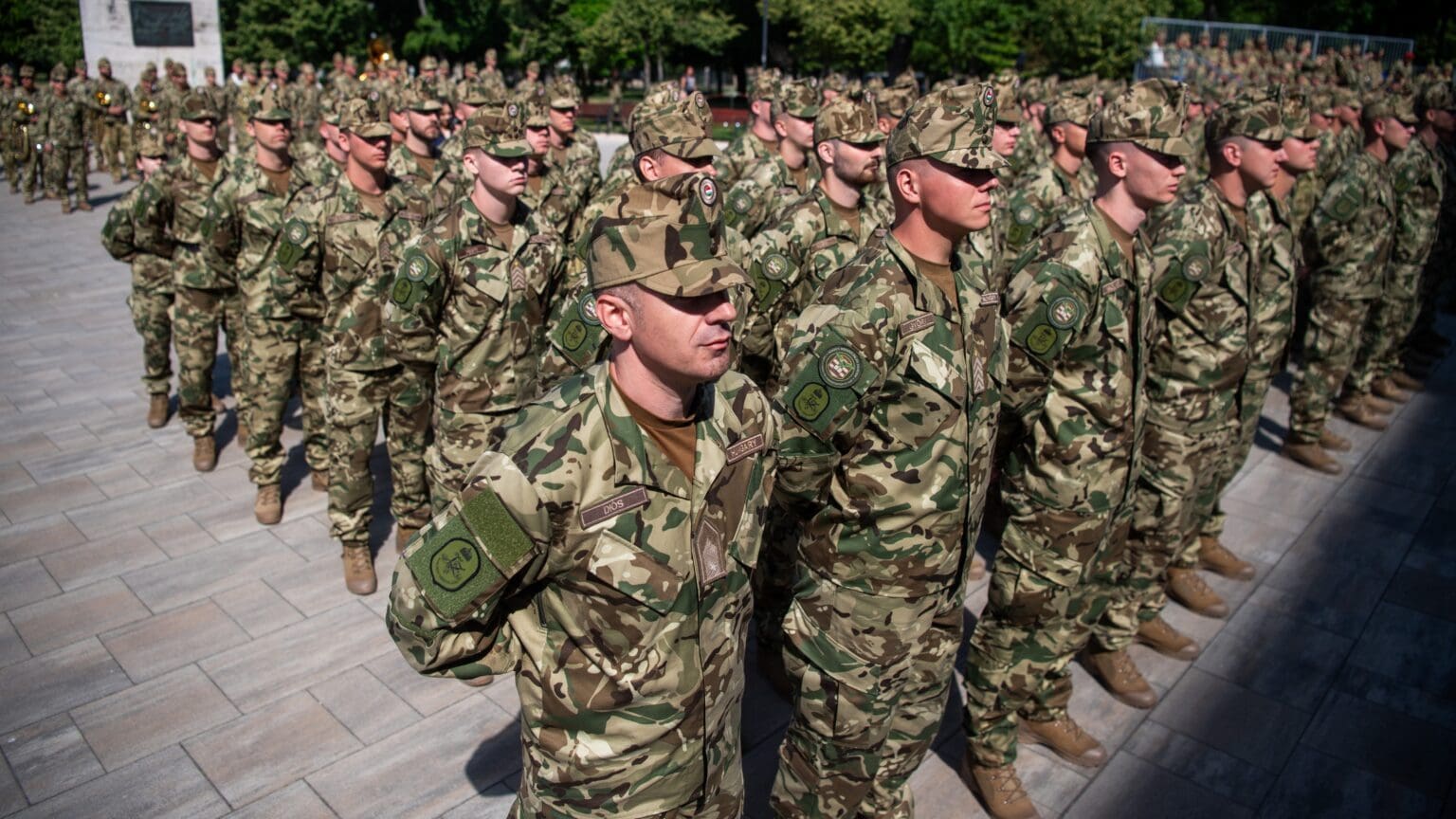
In a joint interview with General Gábor Böröndi granted to Index, Hungary’s Defence Minister Kristóf Szalay- Bobrovniczky stressed that Hungary’s autonomous, truly deployable and combat-ready armed forces are key to the country’s defence, because if a member state does not have a strong military, NATO membership is not sufficient protection.
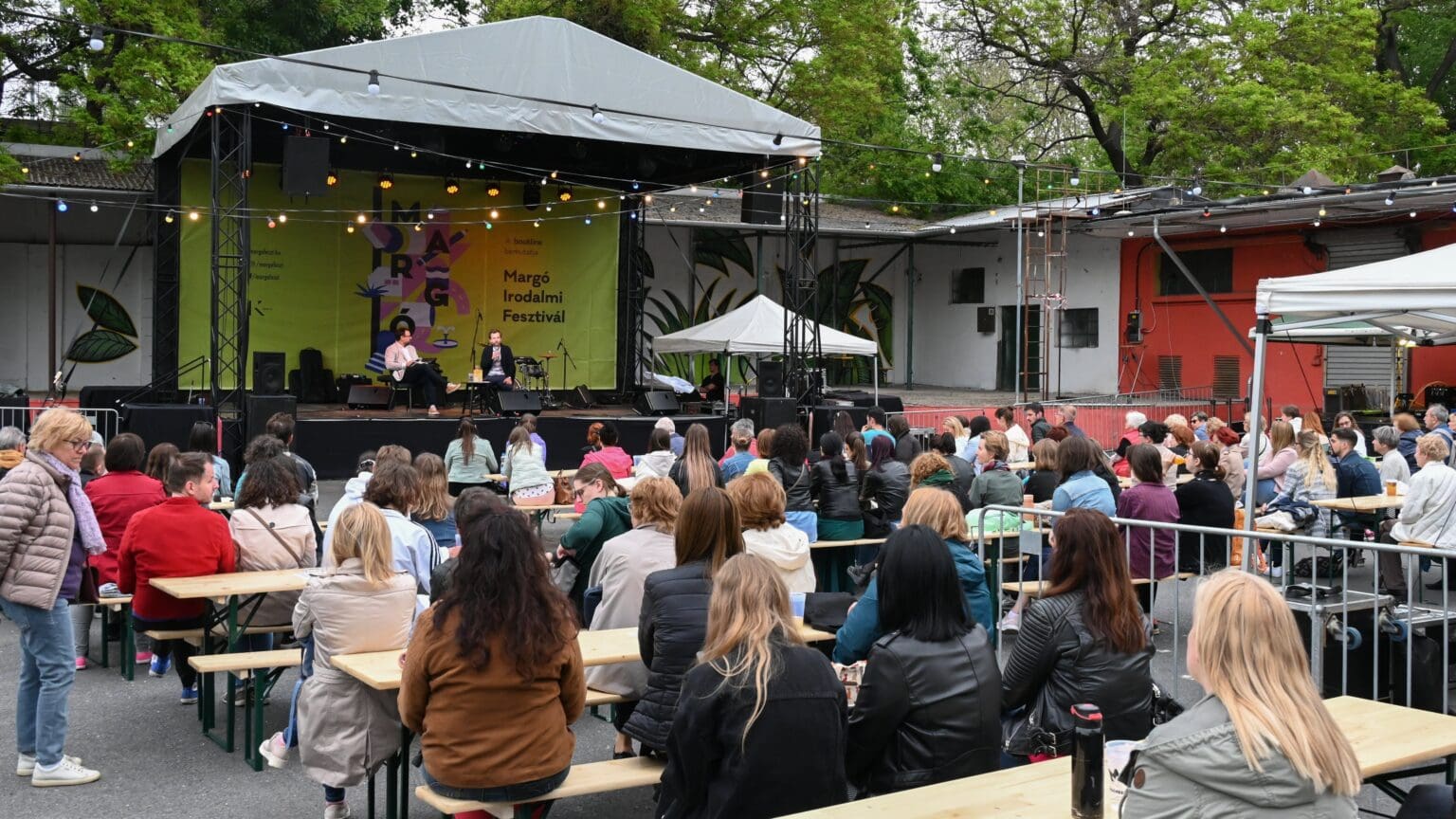
This year, the event will feature over fifty programmes across four stages. In the afternoons discussions introducing prominent authors and their new works will be held, while evenings will offer musical literary productions envisioned for Margó. The festival will include performances by Tudósok, Miklós Vecsei and Gergely Balla with their Mondjad Atikám József Attila evening, while slam poets Pion x Krizsó will play from their Népi lira album.
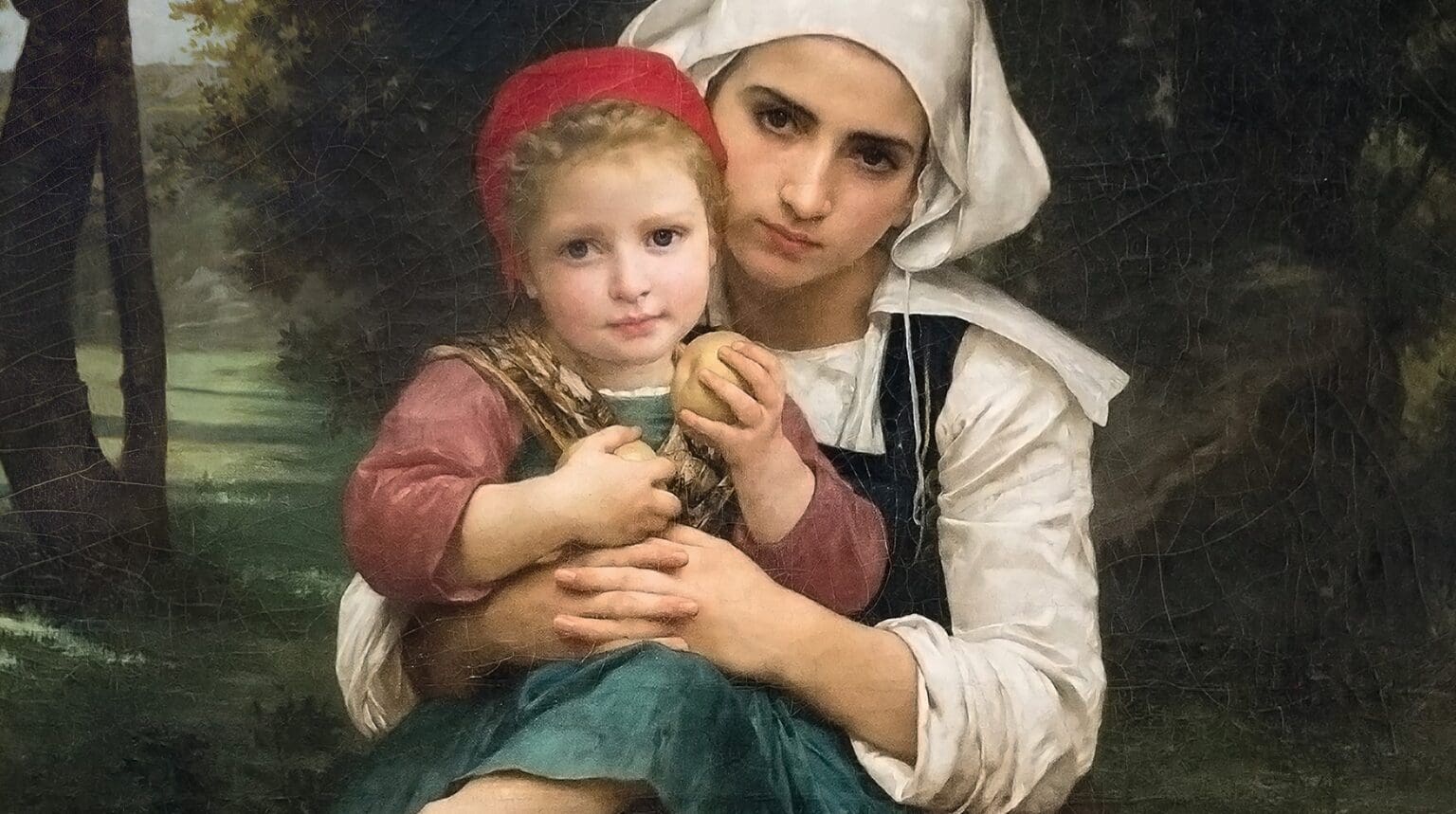
‘Throughout the West today…there is a mania for forgetting our civilizational past as an intolerable moral burden. Western elites regard migrants, sexual minorities, and other outsiders as bearers of ‘‘the richness of cultural diversity’’, but do not see the culturally diverse minorities already within Europe itself in the same way.’

‘The Internet, for all its premises as a beacon of knowledge, now resembles more of a digital information wasteland. It’s not that there aren’t well-written essays or long-form articles out there. It’s not as if one cannot find quality, deep content if one seeks it out. It’s just that we’re overwhelmed by the popcorn.’
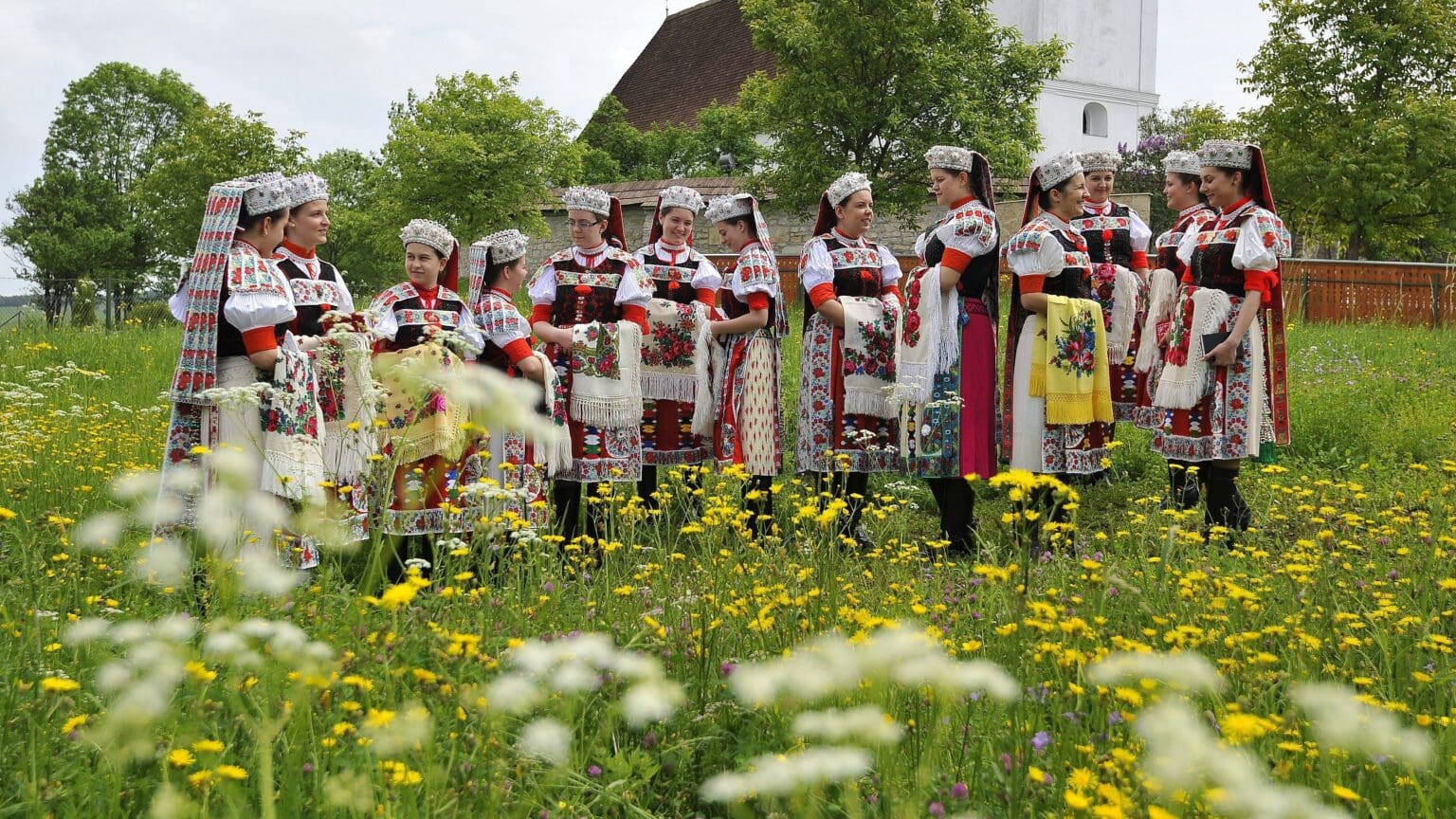
In many Hungarian settlements, saints’ days with processions and pilgrimages are traditionally held at Pentecost. One of the most important Hungarian Marian Shrines is the one in Csíksomlyó, Transylvania, which has been declared a Hungarikum, together with the Pentecost pilgrimage held there. While many Hungarian Pentecost customs are rooted in the religious feast, there are also several traditions and beliefs that have been transposed from ancient Hungarian beliefs.

Lieutenant Colonel Shoshani pointed out that ‘in this horrible reality, even though we showed evidence of the barbaric sexual violence by Hamas on 7 October, the world still doesn’t believe it happened,’ which demonstrates how people tend to believe only what they want to, even when presented with facts.

As part of the SopronFest series, János Áder, Chairman of the Blue Planet Climate Protection Foundation, addressed various topics during the recorded conversation, including the difference in attitudes towards environmental issues between Generation Y, which grew up with digitalization, and Generation Z, which was born into it.
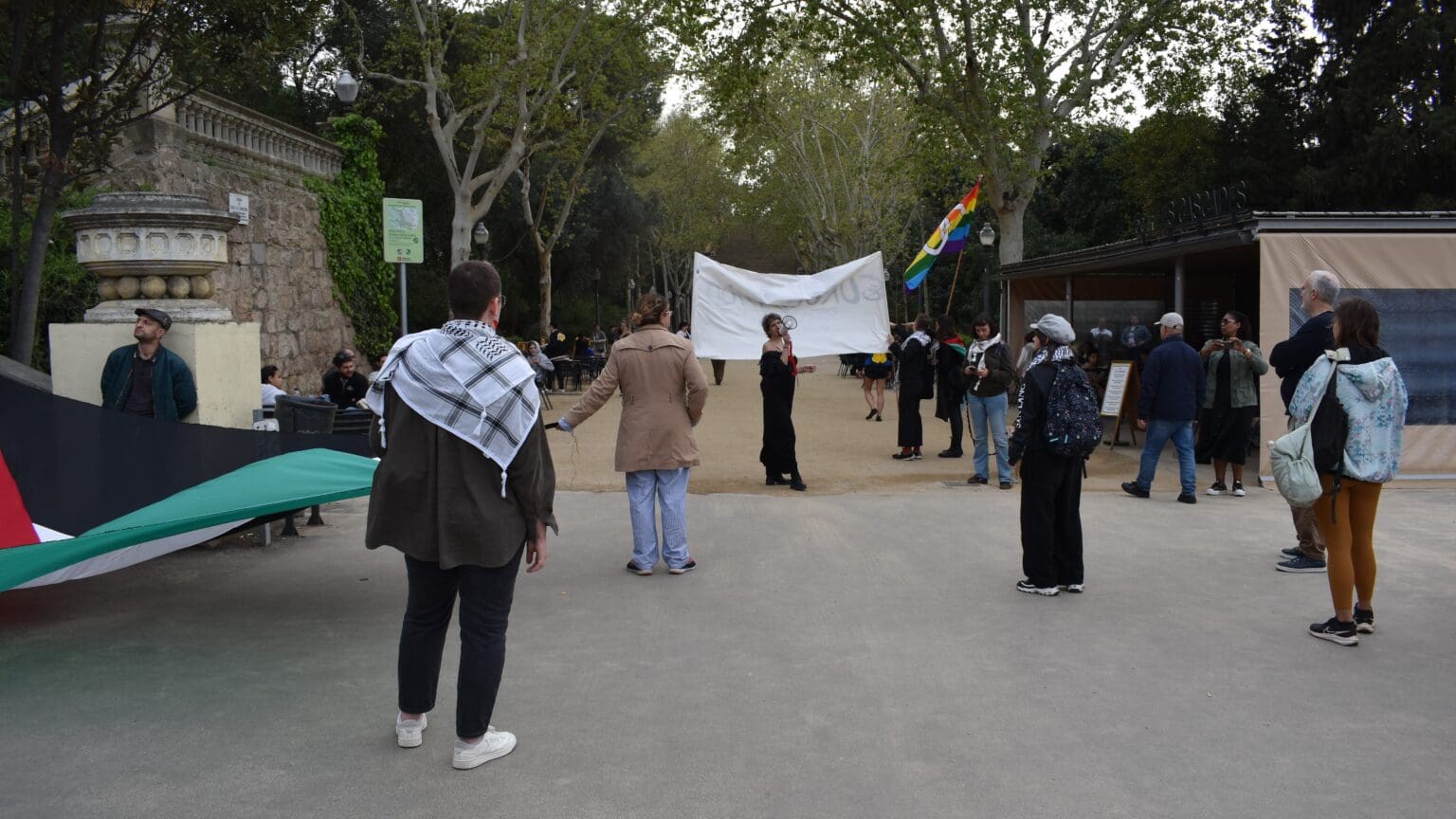
‘Clearly, music in itself wasn’t “diverse” enough. The music, songs and dances of nearly fifty countries and even more ethnic groups, languages and cultures were not sufficiently diverse. No! Give us drag queens! Make it colourful, smelly, and sexualized, with a hint of antisemitism, and children will love it! Let’s brainwash them and shout to the world: this is Europe!’
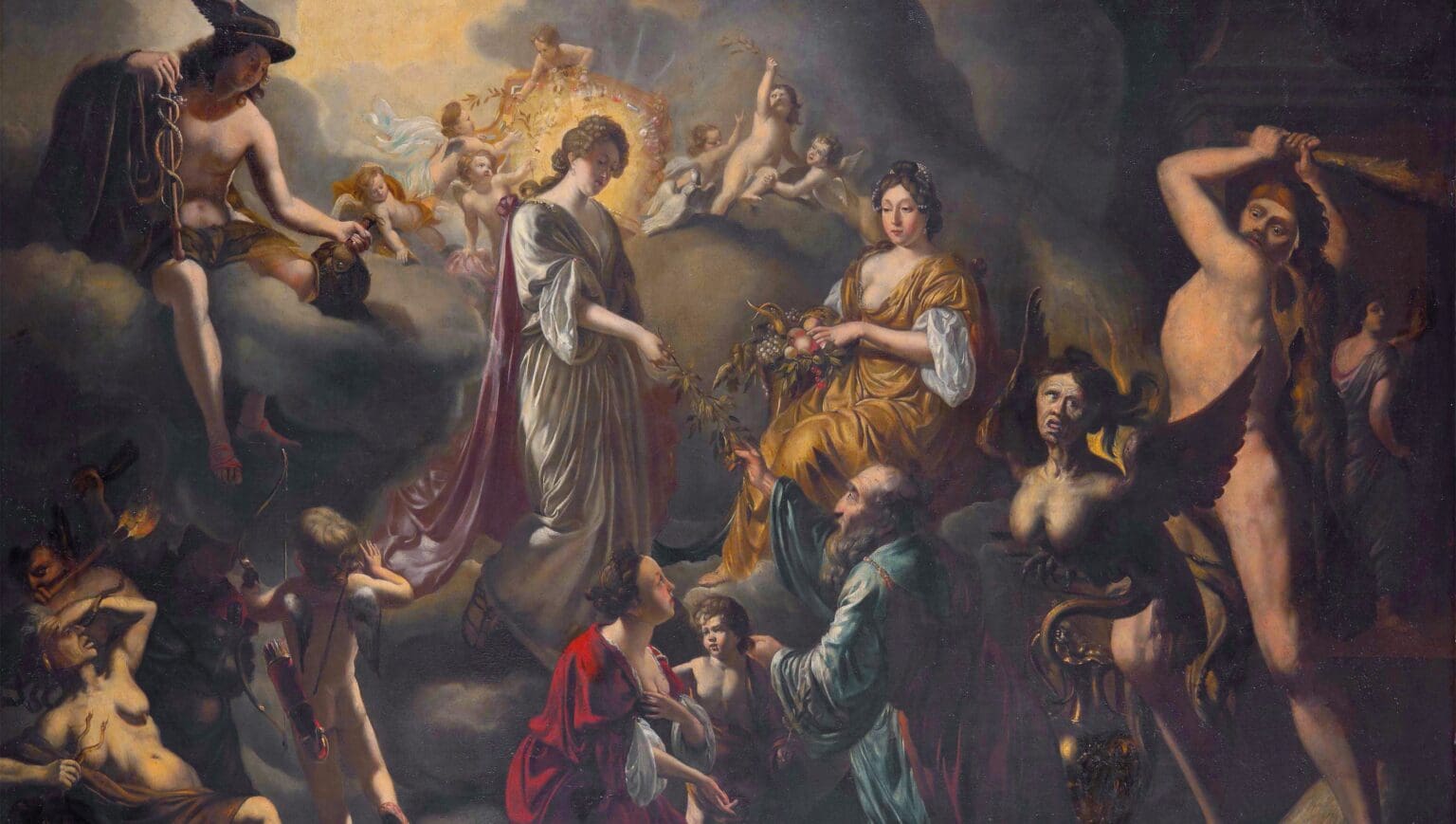
‘We can only hope that the debates concerning the future of the EU will increasingly focus on the goals, and that European politicians will emerge who can formulate them with the faith and courage of the Founding Fathers, ensuring at the same time that the EU remains a community of peace, prosperity, and solidarity.’
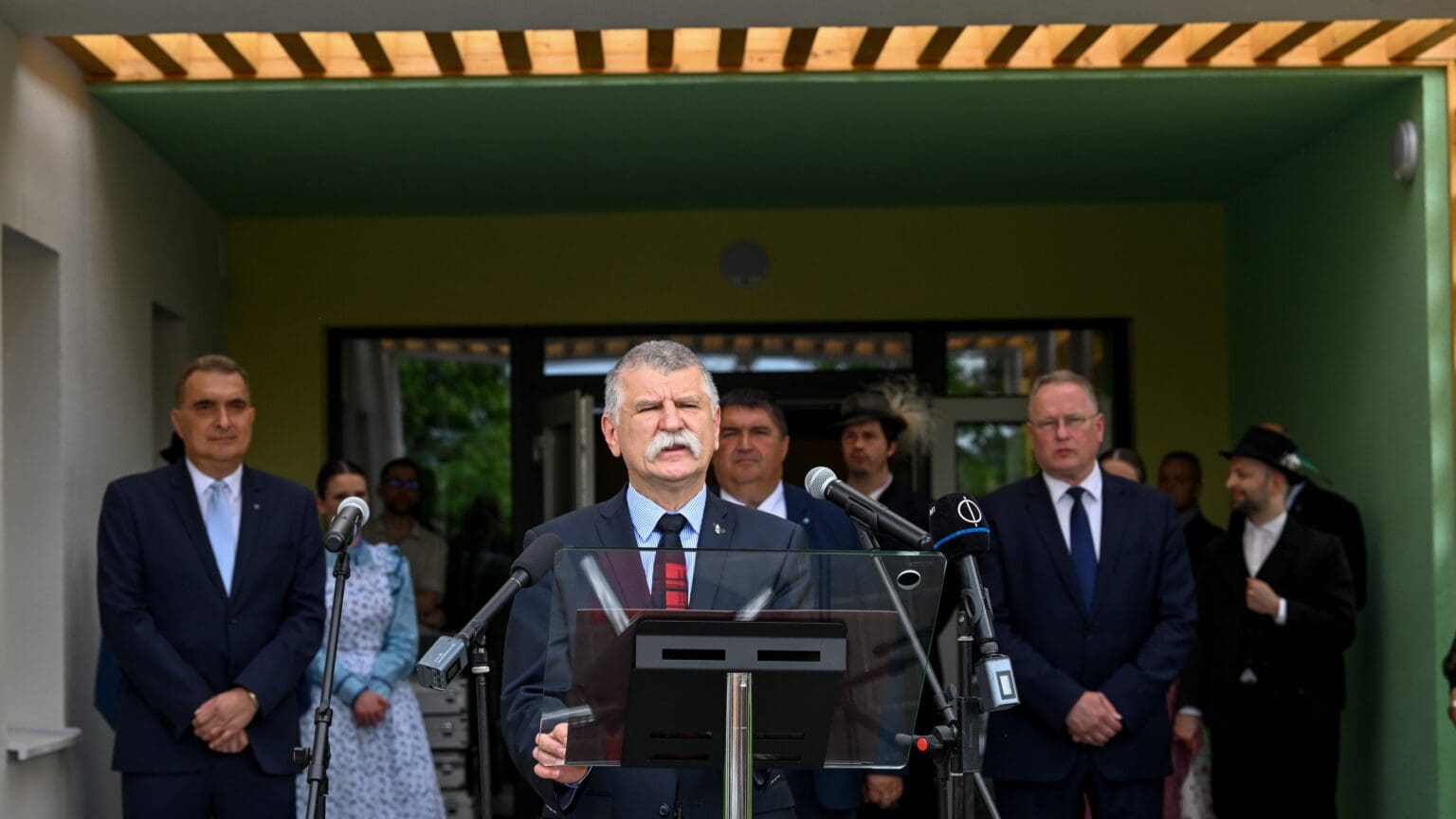
László Kövér stated that the 20th century has shown Hungarians that a liveable future cannot be achieved in the battlefields. The future is in the homes being built and in nurseries, kindergartens, and schools, not in destroyed, burnt-out towns, the House Speaker stressed.

The European Parliamentary election is taking place next month, and our print magazine has just released a special issue all about the major political event. Among other excellent pieces we have Fidesz co-founder, MP Zsolt Németh writing about Brussels and Budapest accusing each other of failing to live up to the Union’s democratic values; as well as President of the Hungarian Institute of International Affairs Gladden Pappin looking the parallels between the foundation of the United States of America and the attempted foundation of a ‘United States of Europe’. You can pick up the latest edition of Hungarian Conservative magazine at your local bookstore or newspaper stand, or you can subscribe to our quarterly magazine on our website to make sure you never miss an issue.

Head Coach Marco Rossi has named his 26-player squad for Euro 2024, where his team Hungary will be facing hosts Germany, Switzerland, and Scotland in the group stage.
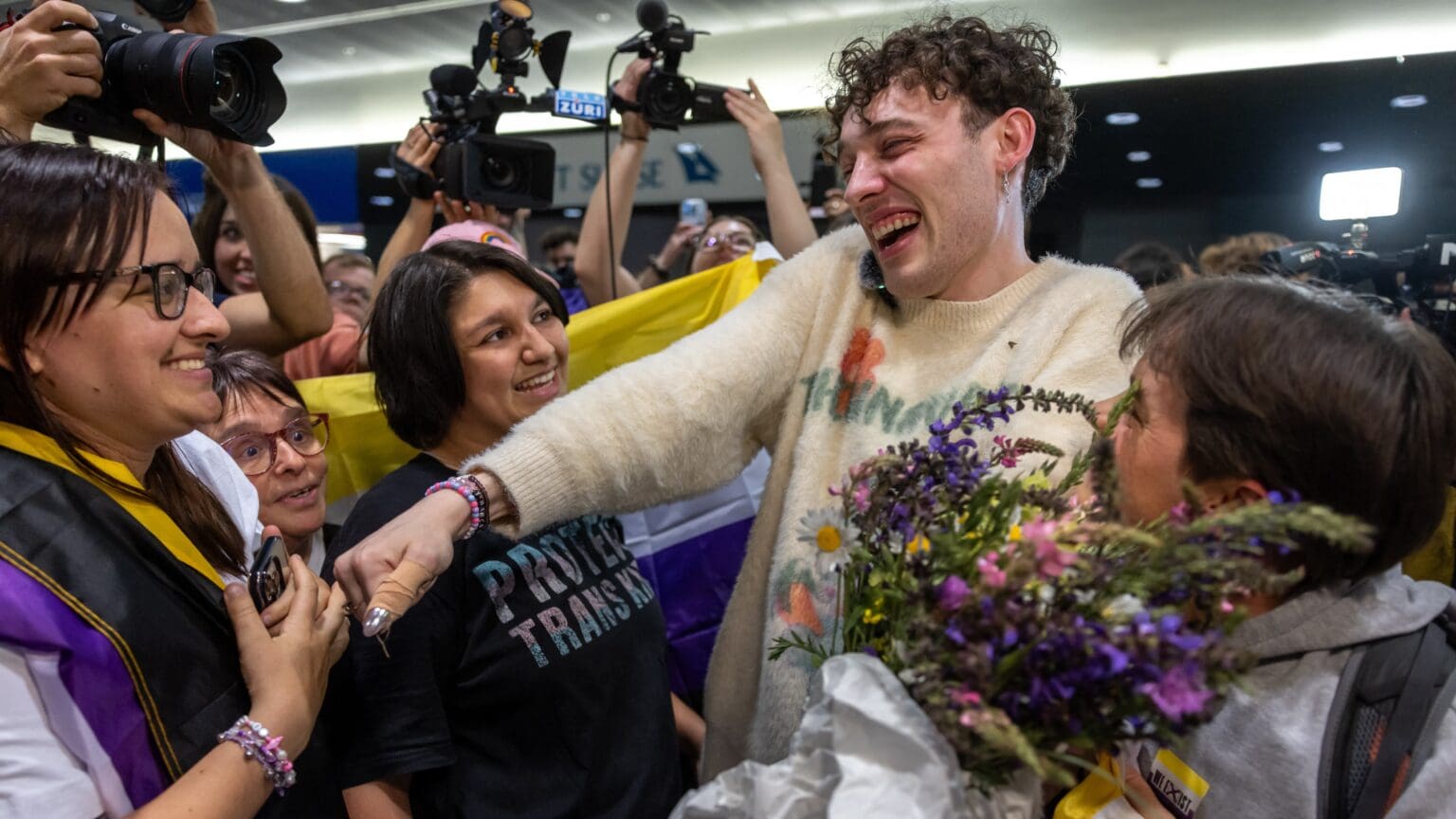
‘It is clear that the Eurovision has become a battleground for the debate over gender identity and the boundaries of acceptability in the public sphere. Today, it seems, nothing is off-limits, and performers are encouraged to push the boundaries of what is considered socially acceptable. This anything-goes mentality has led to a competition where the weird and the wacky reign supreme, and where acts that would have been unthinkable in the past are now celebrated and applauded.’
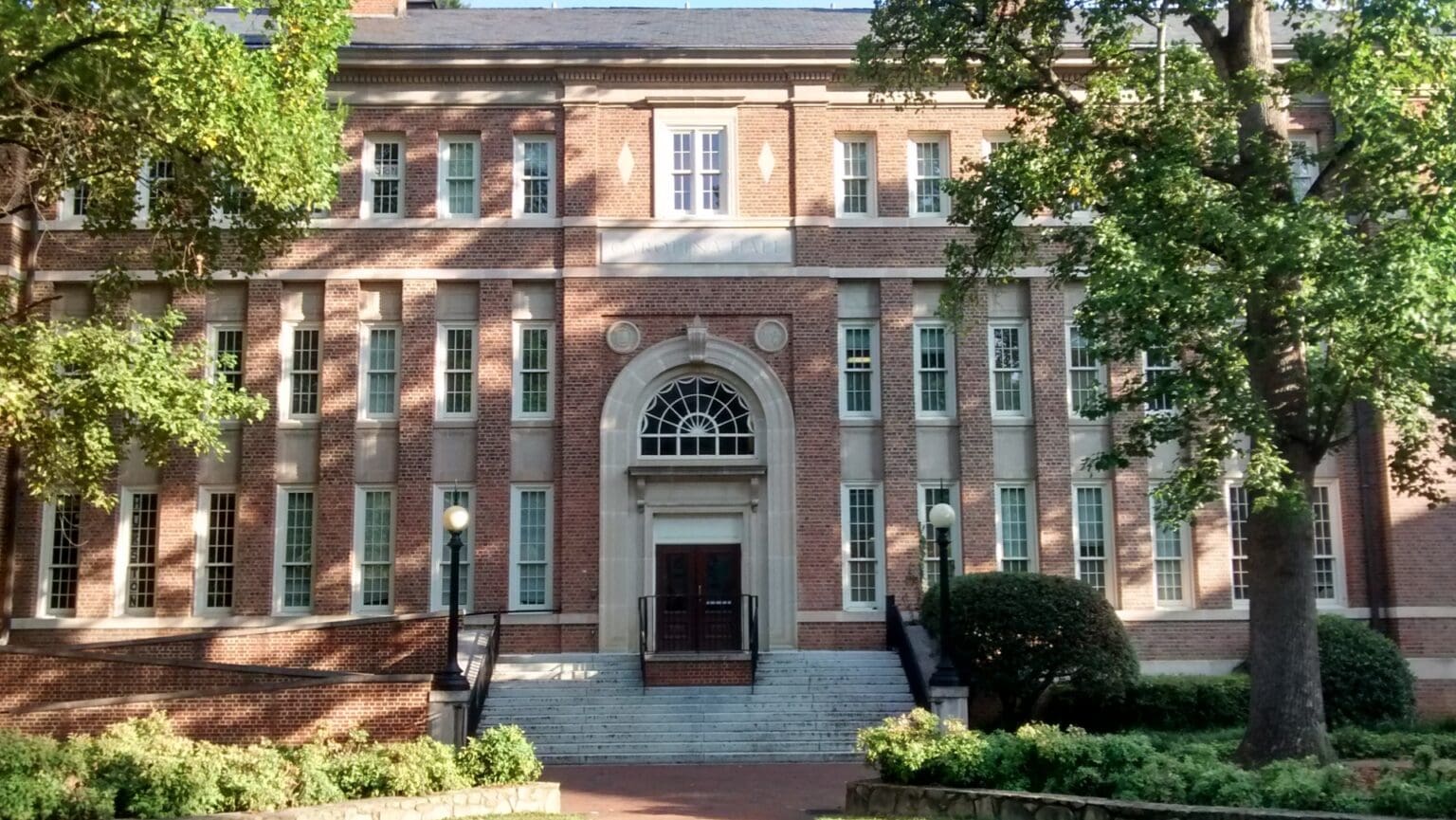
The North Carolina University’s board of trustees unanimously voted to dismantle their DEI programme, and instead use those funds for added campus police and security needed due to the pro-Palestine protests by students. Similar developments have come out of the state of Florida as well.
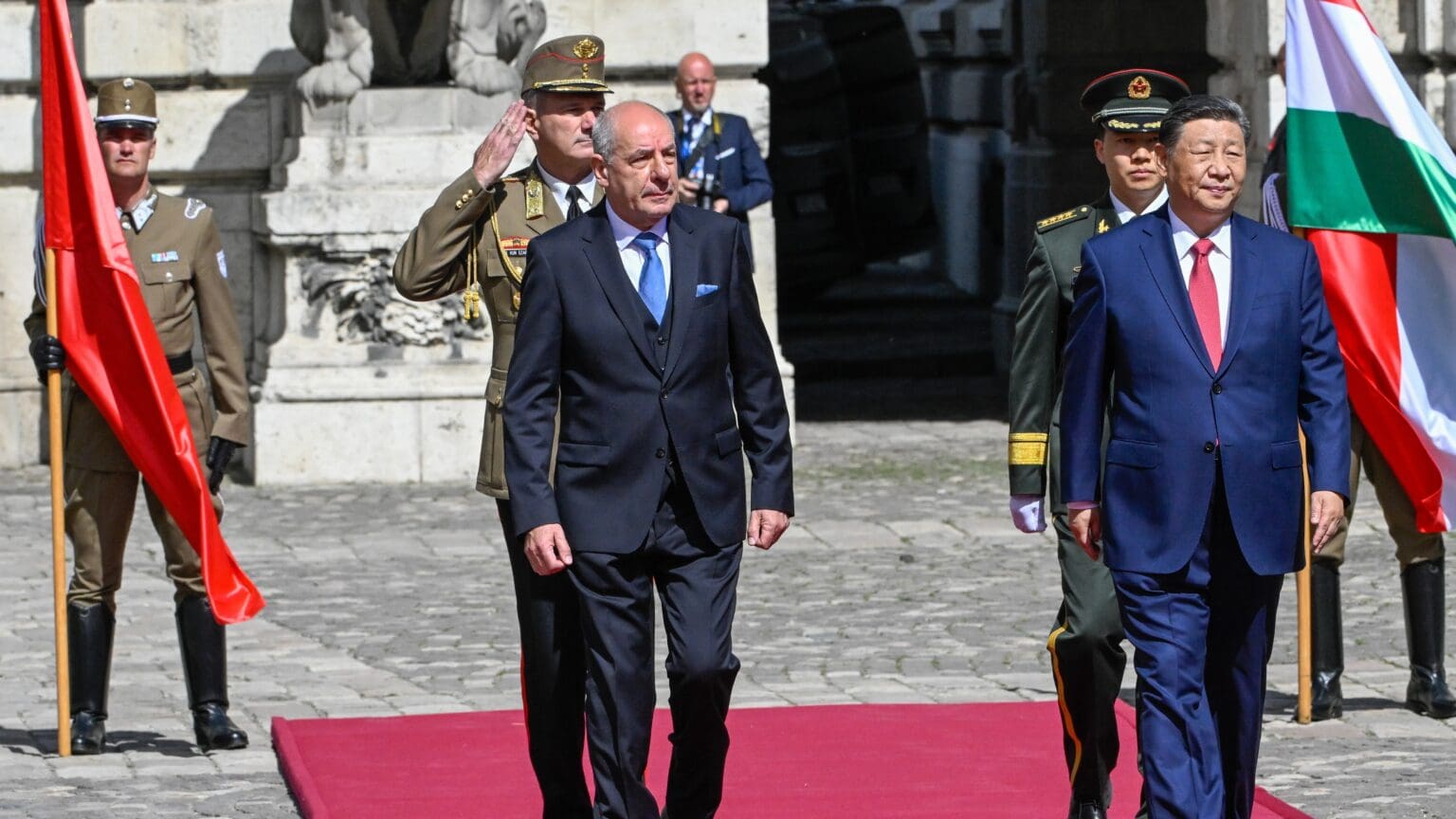
The President of the Hungarian Institute of International Affairs outlined that while the European economy was sluggish in recent years, Hungary was able to continue to grow its foreign direct investments, in large part thank to its relations with China. The author believes that this approach would be advisable to follow for the whole of the European continent as well.
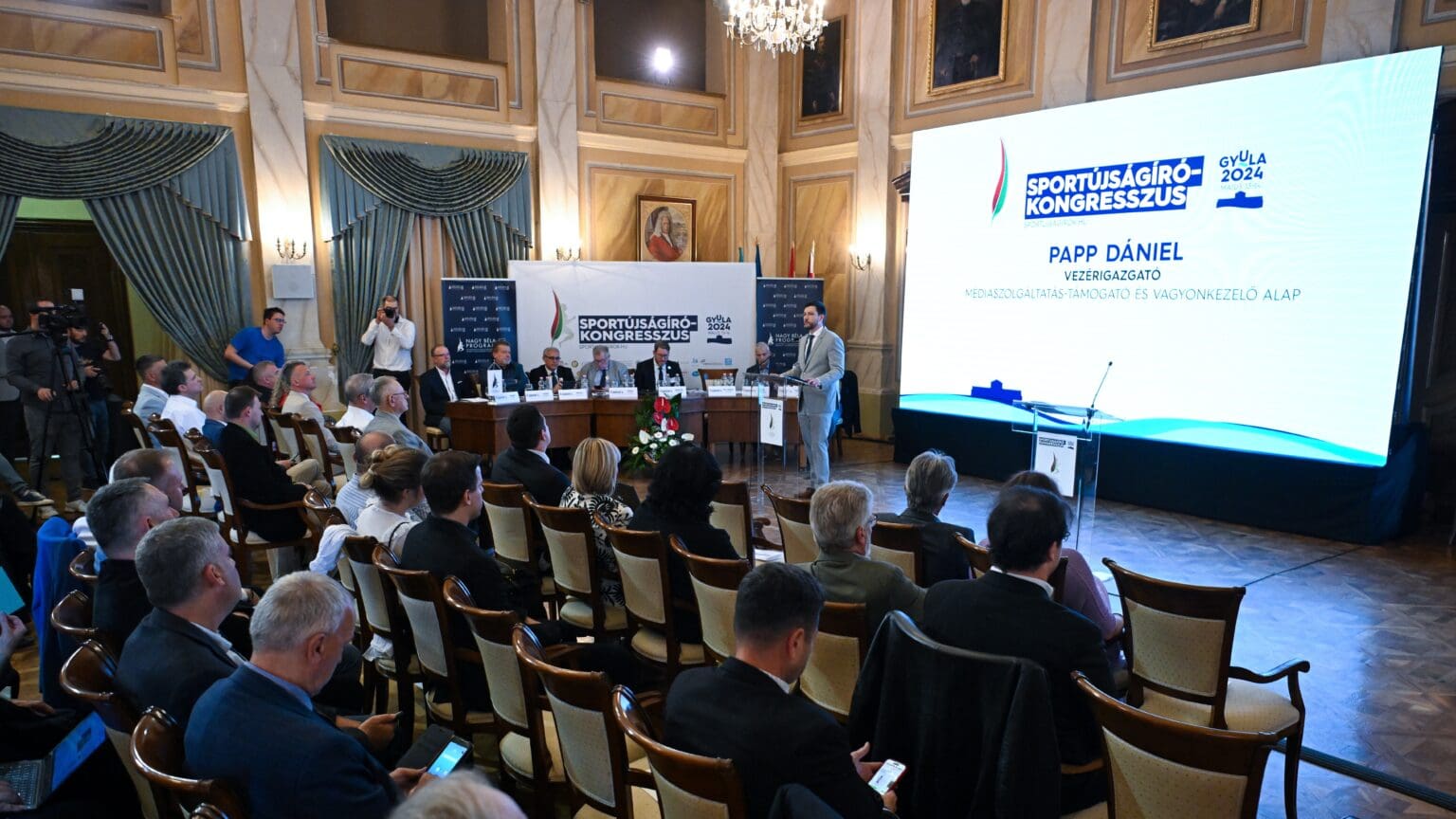
CEO of MTVA Dániel Papp expressed that during the most challenging times, it was sport that Hungarian society could cling to, as it provided a sense of freedom.
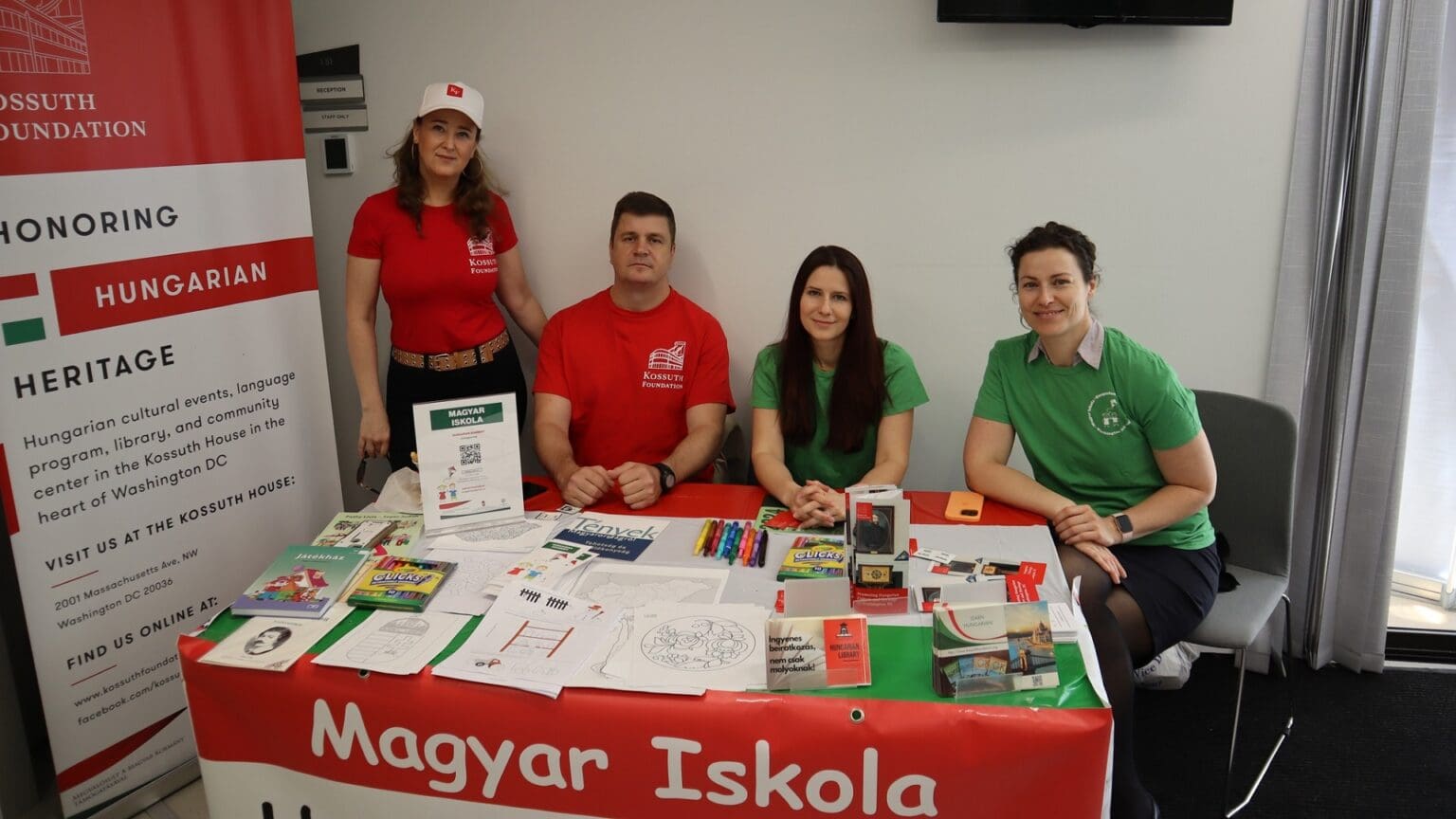
As part of the Europe Day celebrations, EU Member States opened their embassies to the public last weekend. Hungary’s Embassy in Washington DC was visited by around 3,000 people, who could take part in miscellaneous programmes celebrating Hungarian culture and history.

The Hungarian Post aims to draw attention to the importance of voluntary blood donation through the issuance of a new commemorative stamp designed by graphic artist Nóra Horváth and produced in 40,000 copies. The Blood Donation stamps are available from Monday at Filaposta, philatelic service points, select post offices, and the Hungarian Post’s webshop.

The Hampton, New Hampshire-based gym company was forced to lower its annual financial forecasts, both for revenue and profit, admittedly due to the March 2024 controversy when a biological man was photographed shaving his face in the women’s local room at one of their locations in Fairbanks, Alaska.
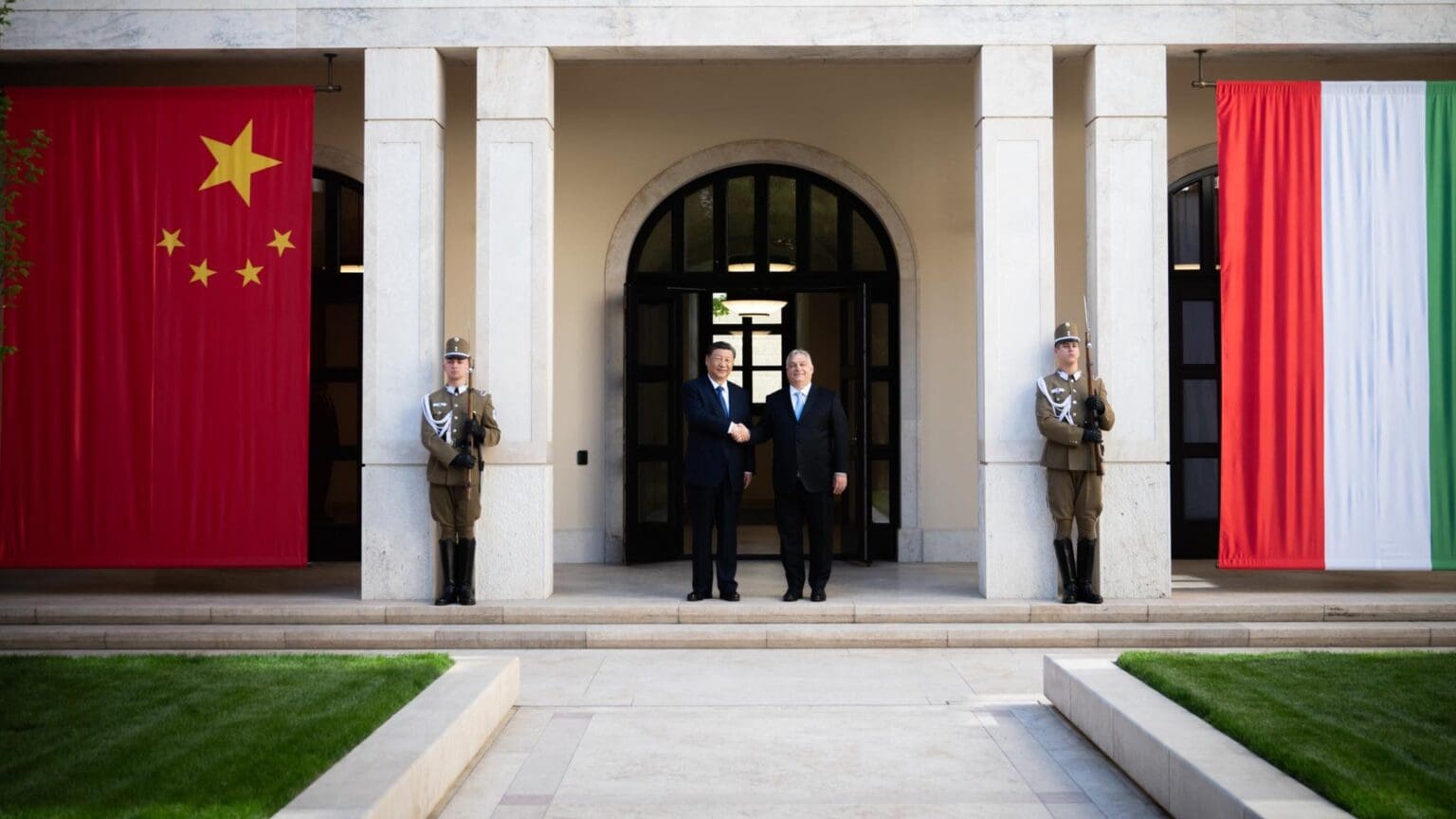
‘During this presidency, my job will be to improve China–EU trade relations and stop any attempts that try to limit and push back the quantity and quality of this relationship,’ Hungarian Prime Minister Viktor Orbán stated in relation to Hungary’s upcoming presidency of the Council of Europe in an interview with Chinese state television CCTV.

‘In facing the end of affordable chocolate, we encounter a microcosm of the broader challenges of living sustainably in a finite world. The path forward demands not only technological innovation and policy reform but also a cultural shift in how we value and consume the earth’s resources. The luxury of chocolate, once taken for granted, could become a conscious choice, a deliberate act that reflects our commitment to a more equitable and sustainable world.’
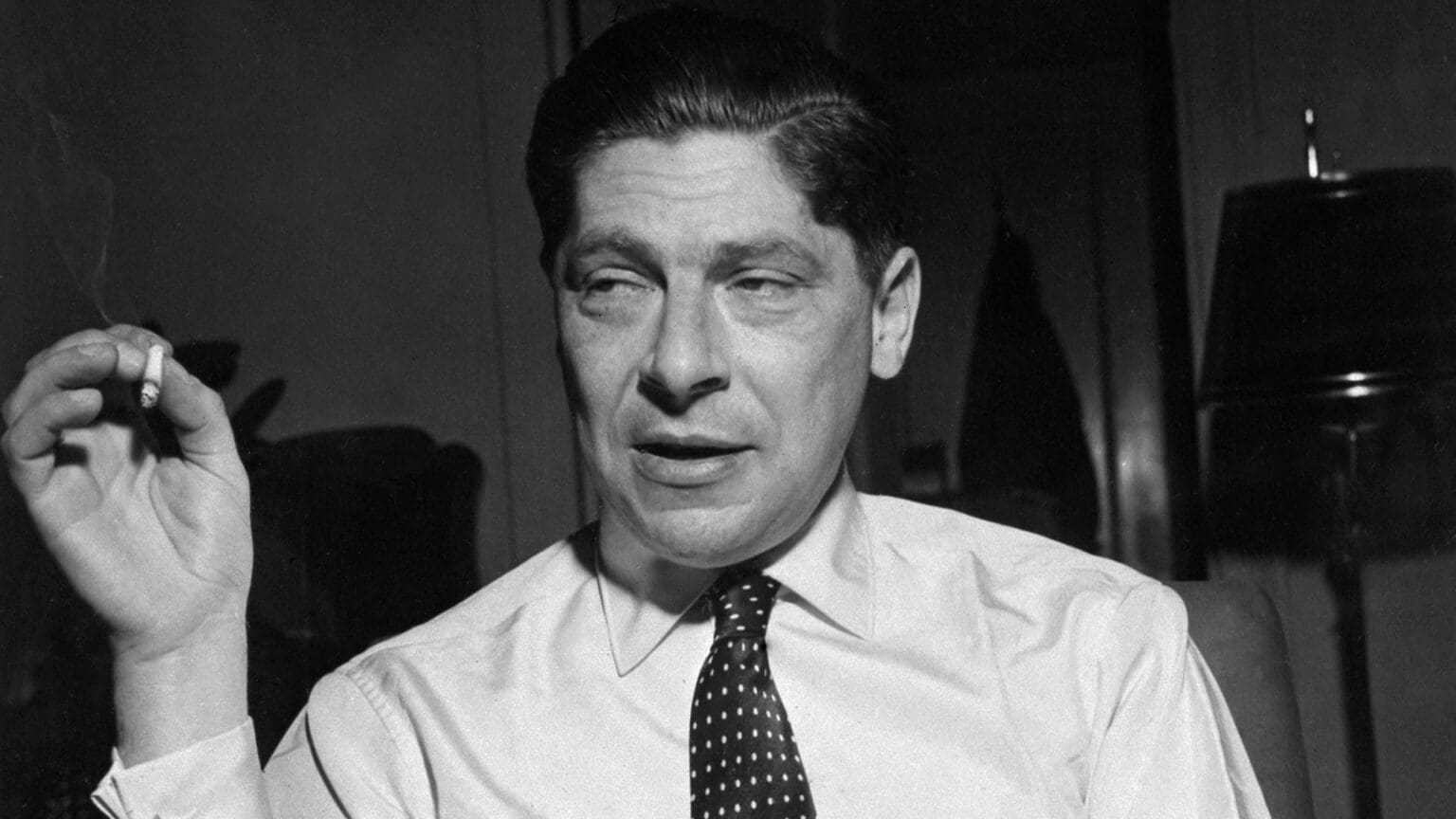
‘The systematic method Tóth uses really contributes to our understanding of ideology and ideological thinking. To mention a few substantial arguments that are derived from the plot of Darkness at Noon: ideological thinking is not necessarily concerned with objective reality; it naturally leads to radicalism; and—somewhat paradoxically—seems to replace its ideological nature with neo-Machiavellian pragmatism when the question of power politics emerges.’